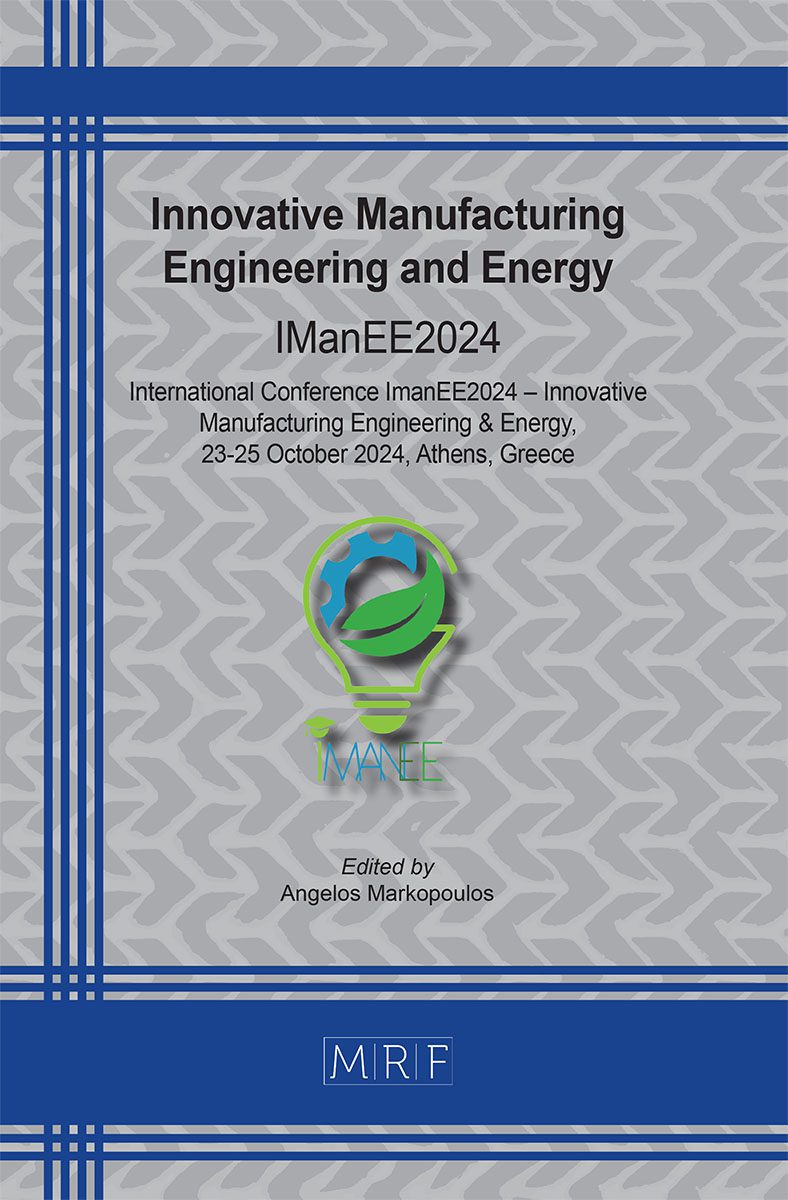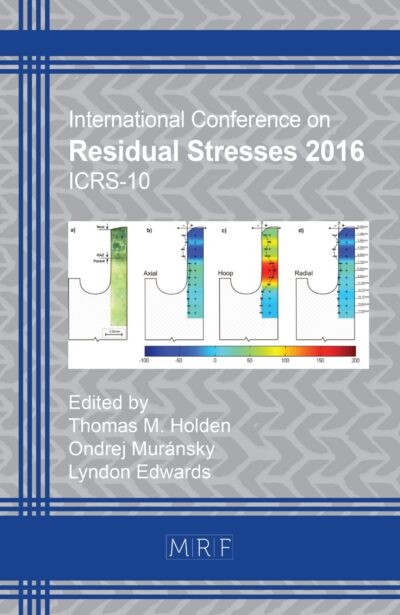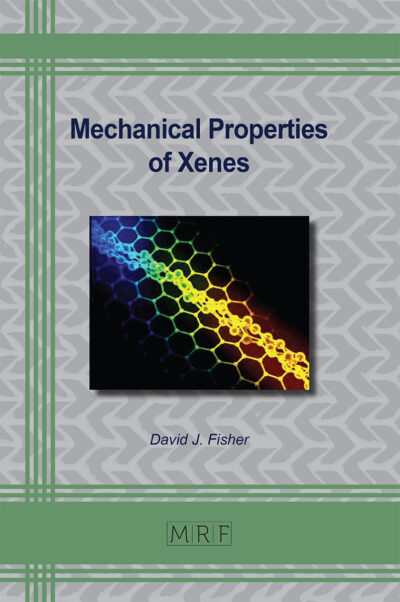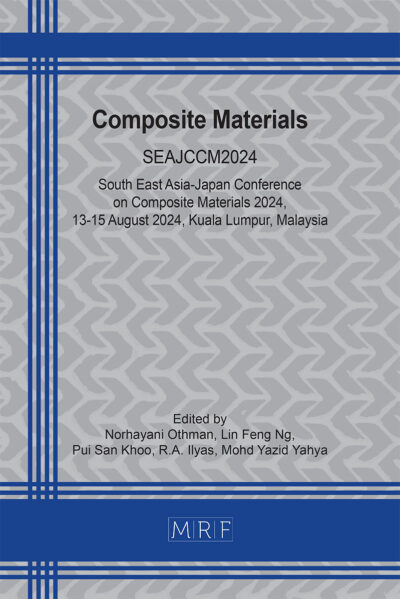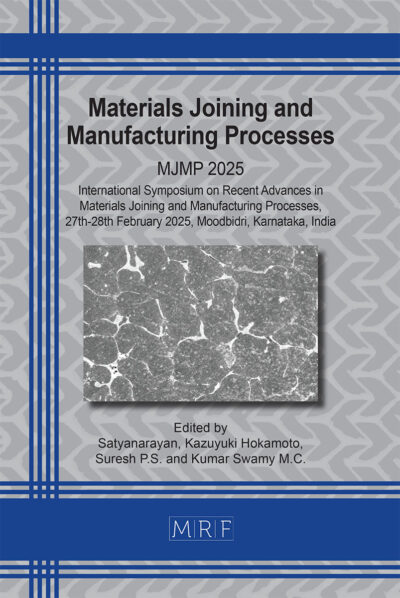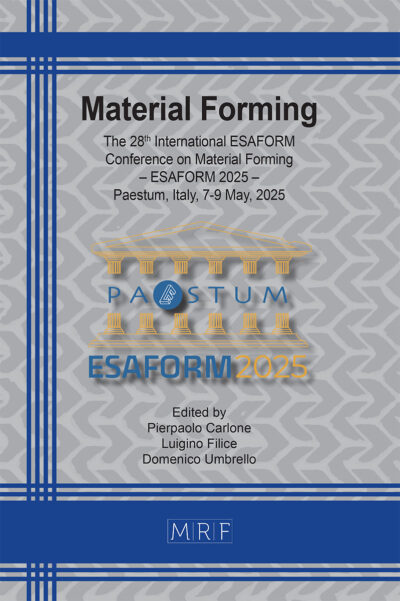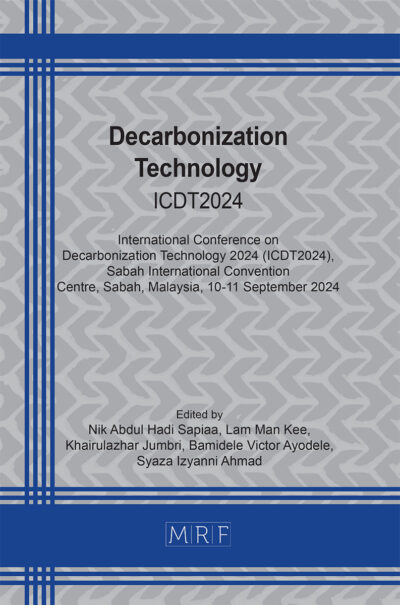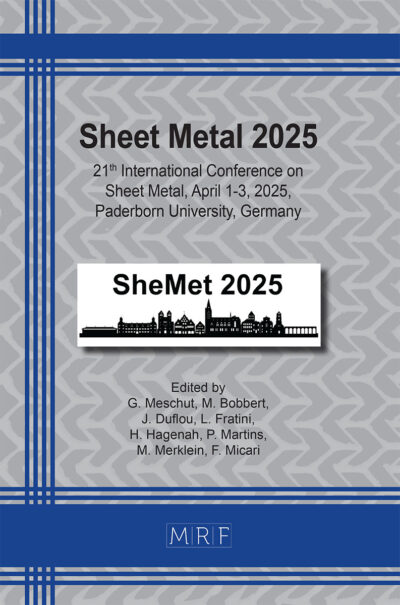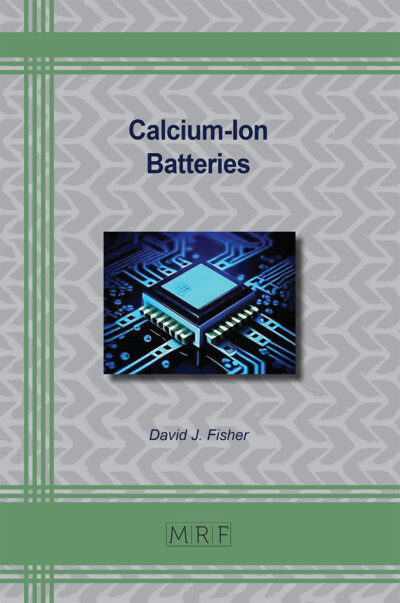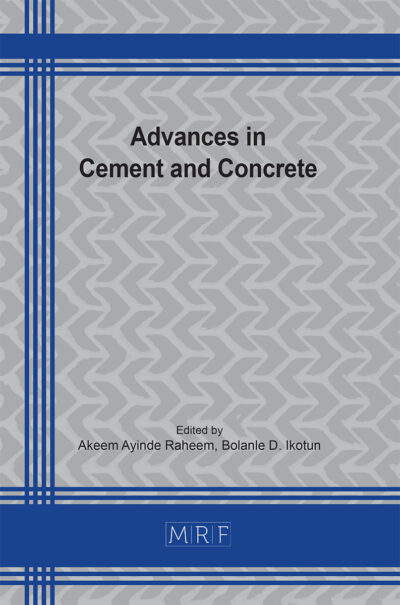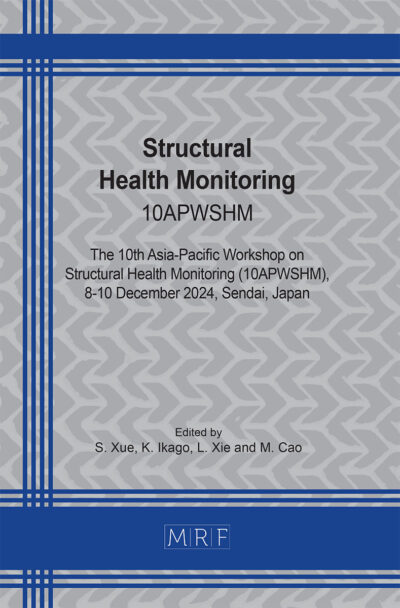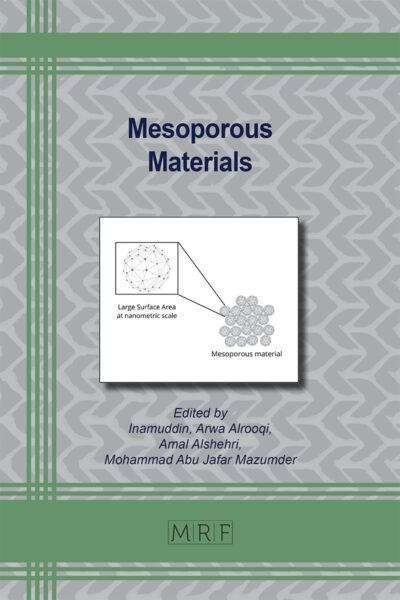Development of an algorithm for application for automated selection of a rational technological process
Teodora Peneva
Abstract. Within the framework of modern industrial requirements, the selection of rational technological processes is becoming more and more critical to maintain competitiveness and innovativeness of different types of production. This paper describes the development of an algorithm and software application designed for rational technological process selection. The algorithm and the application are using developed methodology with a mathematical model for comparative analysis and selection of a technological process. The software application facilitates the prioritization of different production aspects and supports strategic decision making through automated comparison and evaluation of alternative technological processes. In addition to providing accurate criteria evaluation, the algorithm will demonstrate high flexibility in adapting to changing production conditions and requirements. The study highlights the practical applicability of the algorithm in various manufacturing environments and discusses potential challenges and directions for future development of the system.
Keywords
Technological Process, Algorithm, Application, MCDM, FUCOM
Published online 12/10/2024, 8 pages
Copyright © 2024 by the author(s)
Published under license by Materials Research Forum LLC., Millersville PA, USA
Citation: Teodora Peneva, Development of an algorithm for application for automated selection of a rational technological process, Materials Research Proceedings, Vol. 46, pp 322-329, 2024
DOI: https://doi.org/10.21741/9781644903377-42
The article was published as article 42 of the book Innovative Manufacturing Engineering and Energy
![]() Content from this work may be used under the terms of the Creative Commons Attribution 3.0 license. Any further distribution of this work must maintain attribution to the author(s) and the title of the work, journal citation and DOI.
Content from this work may be used under the terms of the Creative Commons Attribution 3.0 license. Any further distribution of this work must maintain attribution to the author(s) and the title of the work, journal citation and DOI.
References
[1] G. Ivanova, A. Ivanov, V. Kozov, 3D learning tool for measuring of constructive and geometrical parameters of turning tools, ACM International Conference Proceeding Series, 431-436 (2016). https://doi.org/10.1145/2983468.2983472
[2] G. Ivanova, A. Ivanov, K. Kolarov, 3D virtual learning and measuring drill tools, ACM International Conference Proceeding Series, 337-343 (2013). https://doi.org/10.1145/2516775.2516779
[3] K. Kirov, T. Avramova, Optimal management of production processes using the function of losses in the production processes, IOP Conference Series: Materials Science and Engineering, 916 (2020) 012052. https://doi.org/10.1088/1757-899X/916/1/012052
[4] D. Ishenin, A. Govorkov, I. Teslenko, M. Klykov, O. Kabanov, A. Lyalin, A. Shaposhnikov, Z. Mukhamedova, An algorithm for computer-aided design of a technological process with preset manufacturability parameters, Engineering Systems Design and Analysis, 8(4) (2021) 733-738. ISSN: 2392-9537
[5] J. Song, B. Wang, X. Hao, Optimization Algorithms and Their Applications and Prospects in Manufacturing Engineering, Materials, 17 (2024) 4093. https://doi.org/10.3390/ma17164093
[6] T. Peneva, T. Avramova, Methodology for selecting a rational technological process, International Conference Modern Technologies in Industrial Engineering, International Journal of Modern Manufacturing Technologies, (2024), ISSN 2067-3604, Preprint.
[7] M. Ghaleb, H. Zolfagharinia, S. Taghipour, Real-time production scheduling in the Industry-4.0 context: addressing uncertainties in job arrivals and machine breakdowns, Computers & Operations Research, 123 (2020) 105031. https://doi.org/10.1016/j.cor.2020.105031
[8] Y. Fu, J. Ding, H. Wang, J. Wang, Two-objective stochastic flow-shop scheduling with deteriorating and learning effect in Industry 4.0-based manufacturing system, Applied Soft Computing, 68 (2018) 847-855. https://doi.org/10.1016/j.asoc.2017.12.009
[9] J. Xu, M. Kovatsch, D. Mattern, F. Mazza, M. Harasic, A. Paschke, S. Lucia, A Review on AI for Smart Manufacturing: Deep Learning Challenges and Solutions, Applied Sciences, 12 (2022) 8239. https://doi.org/10.3390/app12168239
[10] Y. Wilhelm, U. Schreier, P. Reimann, B. Mitschang, H. Ziekow, Data Science Approaches to Quality Control in Manufacturing: A Review of Problems, Challenges and Architecture, Engineering Systems and Analysis. https://doi.org/10.1007/978-3-030-64846-6_4
[11] H. Mimouni, A. Jalid, Solving Industrial Production Scheduling Challenges in the Era of Industry 4.0 and Green Manufacturing, Proceedings of the 7th International Conference on Logistics Operations Management, GOL (2024). Lecture Notes in Networks and Systems, Vol. 1105, Springer, Cham. https://doi.org/10.1007/978-3-031-68634-4_31
[12] E. Guzman, B. Andres, R. Poler, Matheuristic Algorithms for Production Planning in Manufacturing Enterprises, in Advances in Intelligent Systems and Computing, Vol. 1287 (2021) 121-134. https://doi.org/10.1007/978-3-030-78288-7_11
[13] F.M. Defersha, D. Rooyani, An efficient two-stage genetic algorithm for a flexible job-shop scheduling problem with sequence dependent setup times, Computers & Industrial Engineering, 147 (2020) 106605. https://doi.org/10.1016/j.cie.2020.106605
[14] B. Kocsi, M.M. Matonya, L.P. Pusztai, I. Budai, Real-time decision-support system for high-mix low-volume production scheduling in Industry 4.0, Processes, 8(8) (2020) 912. https://doi.org/10.3390/pr8080912

